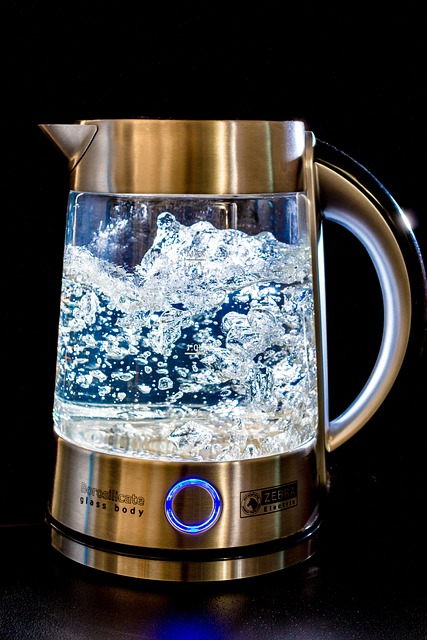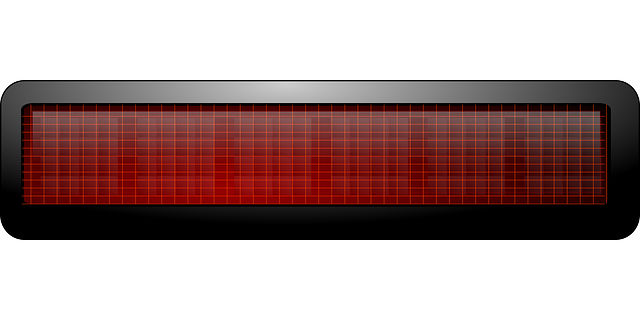Water heater maintenance is a key strategy for reducing utility bills and promoting energy efficiency. Inefficient heaters lead to higher energy costs due to sediment buildup, reducing heating performance. Regular cleaning and inspections by professionals address these issues, optimizing water heater performance, saving on energy bills, and preventing costly breakdowns or premature replacements. This strategic investment is especially beneficial in regions with extreme weather, fostering sustainability and long-term cost savings.
Regular water heater maintenance is a simple yet powerful way to significantly reduce energy bills. Understanding how efficient water heaters operate and their impact on energy costs is the first step. This article delves into the science behind heating performance, highlighting the essential role of routine maintenance. By optimizing your water heater’s efficiency, you not only save money but also contribute to environmental sustainability. Discover long-term savings potential and learn why preventive care for your water heater is a smart investment.
- Understanding Water Heater Efficiency and Its Impact on Energy Costs
- The Role of Regular Maintenance in Optimizing Heating Performance
- Long-Term Savings: Preventive Care for Your Water Heater
Understanding Water Heater Efficiency and Its Impact on Energy Costs

Water heaters are often overlooked when it comes to energy efficiency, but they can significantly impact your utility bills. Understanding how water heater efficiency affects energy costs is crucial for homeowners looking to reduce their carbon footprint and save money. Regular water heater maintenance plays a pivotal role in optimizing its performance and energy usage.
An inefficient water heater can lead to higher energy consumption, resulting in increased electricity or gas bills. Over time, sediment buildup and mineral deposits inside the tank can decrease its capacity and cause it to work harder to heat the water. This is where maintenance comes into play. By scheduling routine checks and cleaning, you can prevent these issues, ensuring your water heater operates at peak efficiency. Such practices not only extend the appliance’s lifespan but also provide a more sustainable and cost-effective hot water solution for your home.
The Role of Regular Maintenance in Optimizing Heating Performance

Regular water heater maintenance plays a pivotal role in optimizing heating performance and ensuring efficient energy usage. Over time, water heaters can accumulate sediment and mineral buildup inside their tanks, which reduces the unit’s efficiency and capacity to heat water effectively. Professional maintenance services address these issues by flushing out sediment and performing critical inspections. This process not only improves heating performance but also prevents potential breakdowns that could lead to costly repairs or the need for premature replacements.
By scheduling routine maintenance, homeowners can expect to see noticeable energy savings on their utility bills. Cleaned and well-maintained water heaters operate more smoothly, using less energy to achieve the desired water temperature. This optimization is particularly beneficial in regions with extreme weather conditions, where water heaters work tirelessly throughout the year. Thus, investing in regular water heater maintenance is not just a smart preventive measure but also a sustainable way to reduce energy consumption and lower living expenses.
Long-Term Savings: Preventive Care for Your Water Heater

Regular water heater maintenance is a smart investment that can lead to significant long-term savings. By scheduling preventive care for your water heater, you can avoid costly repairs or premature replacements. Over time, small issues like mineral buildup, corrosion, and worn-out parts can escalate, causing inefficient heating and increased energy bills. A well-maintained water heater operates at peak performance, ensuring you get the most out of your energy consumption.
Water heater maintenance professionals can identify potential problems early on, making repairs more straightforward and economical. Preventive measures like flushing and cleaning can remove sediment buildup, improve heat transfer, and maintain optimal water temperature. This, in turn, reduces the strain on the heating elements, prolongs the life of the appliance, and minimizes energy wastage—all contributing to substantial savings over the lifetime of your water heater.
Regular water heater maintenance is a smart strategy that pays dividends in both energy efficiency and cost savings. By addressing potential issues early, you ensure your water heater operates at peak performance, reducing energy consumption and lowering utility bills. Investing time and resources in preventive care for this essential appliance can lead to significant long-term savings, making it a beneficial practice for any homeowner concerned with sustainability and budgeting.
